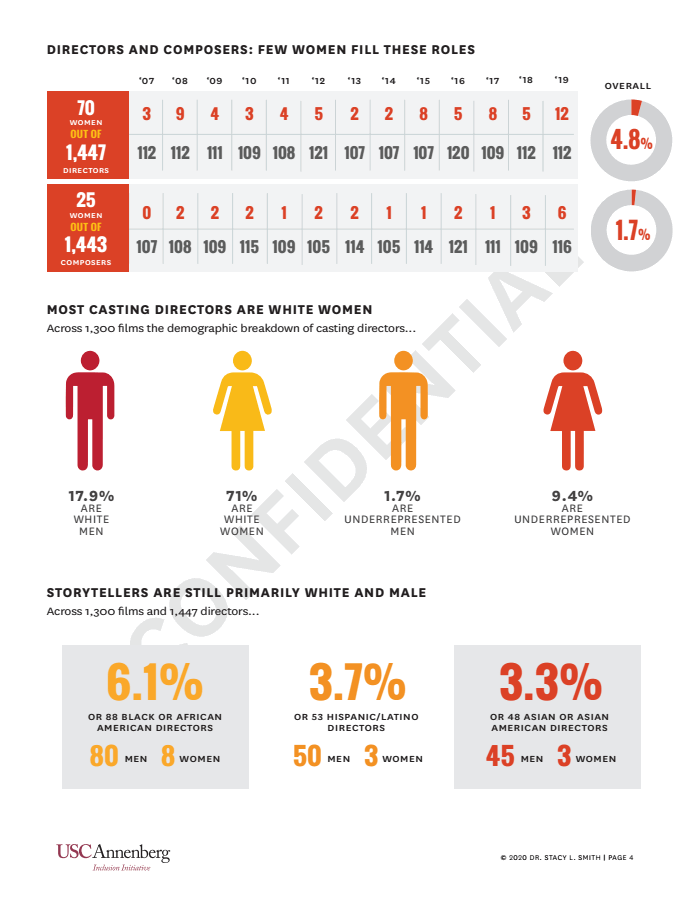Writer Simon Rich, who counts Seth Rogen (for “An American Pickle”) and Lorne Michaels (for “Miracle Workers” and “Man Seeking Woman”) among his collaborators and Seth Meyers and John Mulaney among his friends, hasn’t had trouble staying productive during the pandemic.
“It’s much easier to be a fiction writer than a feature director right now,” he observes.
The rest of the world may be filled with existential dread, but Rich, whose resume includes “Saturday Night Live” and Pixar, is focusing on pirates, bears… or anything that might make a good subject for one of his numerous short stories. “I’ve never written about topical subjects, so it hasn’t affected my work at all,” he says. “I just write about [made-up] things, no matter what’s happening in the actual world.”
His short stories and novels have been the foundation for TV shows including “Man Seeking Woman” and “Miracle Workers.” His four-part novella “Sell Out” was adapted into a movie, “An American Pickle,” starring Seth Rogen. It was intended to release on the big screen but ended up debuting on HBO Max because theaters were closed due to the pandemic.
Rich says he doesn’t read appraisals of his stories once they take on a new life in Hollywood. “I’m more inclined to read reviews of my books,” he suggests. “I’m always thrilled when any of my stories gets adapted at all. But it’ll often take 10 or 15 years by the time they reach the screen, so it’s best not to think too much about anything but the story that you’re working on at that exact moment.”
Up next, his New Yorker short story “Everyday Parenting Tips” — a satirical guide to navigating parenthood — is being adapted into a feature film at Universal Pictures that’s set to star Ryan Reynolds. His comedy series “Miracle Workers” was recently renewed for a third season, and he’s writing the script for “Unicorn Executions,” a movie based on the the illustrated children’s book. In between, he’s finishing up his third novel and churning out more short stories.
Variety spoke with Rich about the joys of humor writing and what post-pandemic entertainment might look like.
What is the role of art during a pandemic? Are we going to start to see a bunch of movies and TV show about coronavirus and quarantining?
I can’t imagine we would [want to revisit the pandemic]. Out of curiosity, I was looking to see what kind of films were made in the years following the 1918 flu, and I think it was more more of the Busby Berkeley variety than hardcore flu-related realism. My mind goes to escapist entertainment, if I’m forecasting the next 10 years.
What’s the key to adapting something you wrote as a novel or short story into a new medium, like film or television?
I’ve run a couple of TV shows that were based on my fiction, and I really tried my absolute best to not let the source material override our creative instincts as television writers. I always try really hard to come at everything clean because the whole fun of adapting the stories for TV and film is that you get a chance to collaborate with talented people, and you don’t want any of them to feel tied down to source material. You want them to have as much creative freedom as possible. That’s the whole fun of it, getting a chance to collaborate with other people instead of just sitting in your room writing all day.
When did you realize your passion for humor writing?
When I was growing up, I really wanted to be a short story writer more than a comedy writer. My favorite story writer ever is Roald Dahl. His stories — even the most fun, sinister, dark ones — had elements of humor. What I loved about short stories is they allow writers to take really big swings that wouldn’t necessarily be sustainable for 300 pages. It allows writers to write in very unusual voices and to take absurdist leaps that a reader maybe wouldn’t tolerate for a 10-day read, but would for a 10-minute read. The stories also could be any length, so you never felt like something was being padded out just to serve marketplace realities. I started writing short stories and then placing them in magazines. I still consider that my main job.
How did you start writing for the New Yorker?
I submitted to them for years, along with many other magazines, before getting anything accepted. I started sending stories to magazines when I was still in high school. I remember I got a really nice rejection letter from Playboy when I was a sophomore in college. Somebody had written “very funny” on it with an exclamation point. At the time, though, as an 18 year old it was super encouraging.
Has becoming a father changed your writing?
I don’t think it’s changed my style, but it’s certainly changed my subject matter completely. It’s the only thing I write about. You have to write about whatever subject is emotionally visceral to you at the time. When I was in my mid 20s, I was obsessed with dating. So logically, all my stories were about that subject. And now it’s 10 years later, and I’m writing about parenting. It’s boring, but it’s real. At the end of the day, write about whatever is actually on your mind. If you try to write about something you’re not actually invested in, the reader will know.
You started at “Saturday Night Live” when you were 22. Was it intimidating to work there fresh out of college?
“SNL” was really exciting. There were really kind, supportive older writers on staff like Paula Pell and Seth Meyers. It wasn’t that cutthroat, scary environment that I saw portrayed and books about “SNL.” I don’t know if the books are wrong or if I just happen to be there during a particularly kind time. I got to write a lot with Marika Sawyer and John Mulaney — and I learned so much from working with them. When John hosts, I still go back.
What did you learn from working with John Mulaney?
Oh man, so much about joke writing. He’s the funniest joke writer in the world. I don’t think it’s close.
You also worked at Pixar. What sticks out to you about that experience?
I learned a ton about story structure working for Pete Docter. He was a great boss and an excellent teacher. It was thrilling to work for him and see how he approached character arcs. It really influenced my fiction. I had this one story in the New Yorker called “Unprotected,” which is from the perspective of a condom in a teenage boy’s wallet that’s waiting to get used for many years. The model for that was “Toy Story.” It’s centered around an anthropomorphic object that ends up being a coming-of-age story about its owner.
I’m sure Pixar would be thrilled to know they inspired a story about a condom.
Oh, they knew. The moment it came out people were like, “Yeah you ripped us off.”
Do you have directing ambitions?
No, I’ve never directed anything and I have no plans to do that. It seems like it would be really difficult and really time consuming. I like to write a lot of different projects as opposed to focus on one for years at a time. It’s one of the reasons why I stopped writing novels so many years ago, because it’s so much more fun for me to just keep generating new premises every couple of weeks. It’s rare for me these days to work on a short story for longer than a few weeks.
Can you tease any upcoming projects you’re working on?
Well, you know, it’s tricky… I always try not to say too much about projects that don’t exist yet. It always feels strange to me, especially because TV and film are so collaborative, I never really consider any of it my project — even if it’s based on one of my stories. Not to be coy or weird, but the market is so saturated that I never want to talk about a project and then by the time it comes out, the cast will have changed, maybe in the name is different.
Why don’t you use social media?
I think it would take time away from my writing. One of my publishers asked me to do it when I was really early in my career. I just took one look at it — it might have been before Twitter existed, I think they want me to do a MySpace account, that’s how long it was ago — and I thought, if this is going to be an effective marketing tool for me as a writer, I would have to make it good and it would require so much time. I already have the NBA sucking hours away from me. I don’t need social media on top of that.
Article by: Rebecca Rubin for Variety
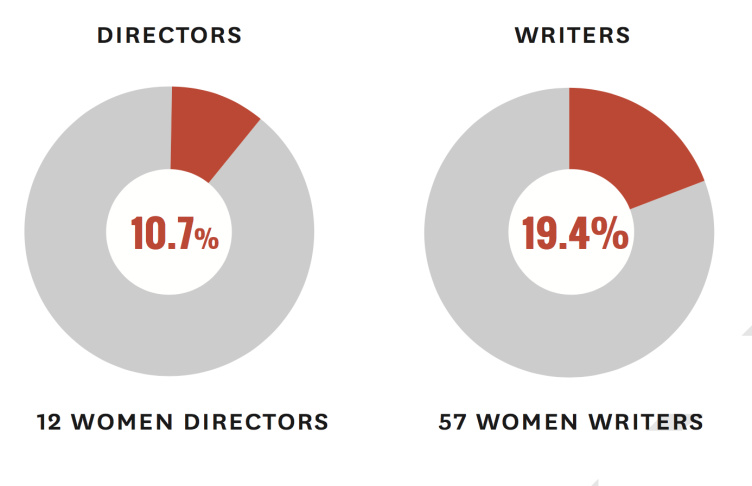 USC's Annenberg Inclusion Initiative's study of the top 100 grossing films in the in 2019 found wide gaps between men and women in many key filmmaking roles. (Courtesy Annenberg Inclusion Initiative)
USC's Annenberg Inclusion Initiative's study of the top 100 grossing films in the in 2019 found wide gaps between men and women in many key filmmaking roles. (Courtesy Annenberg Inclusion Initiative)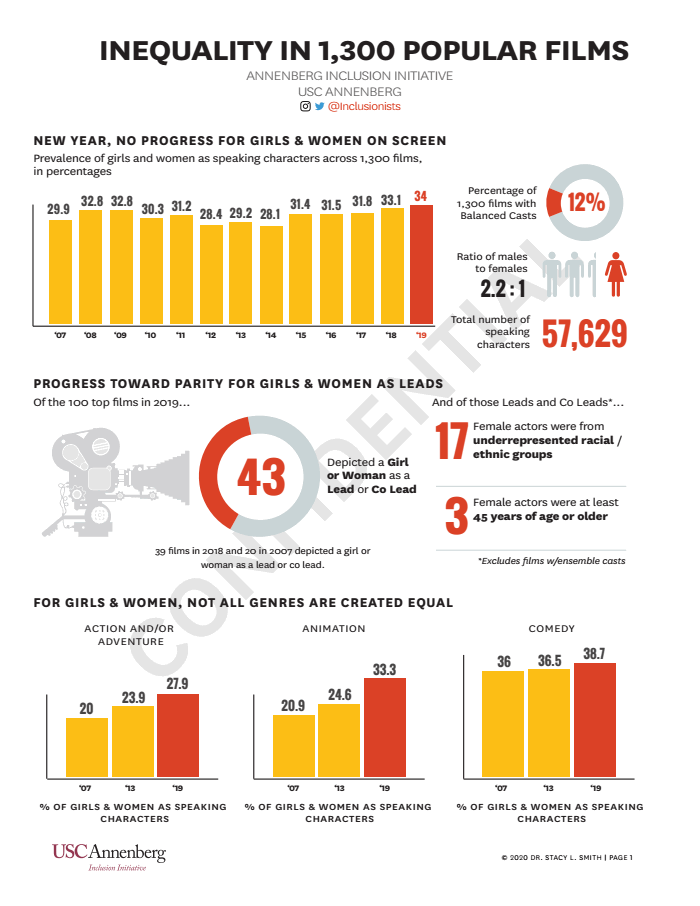
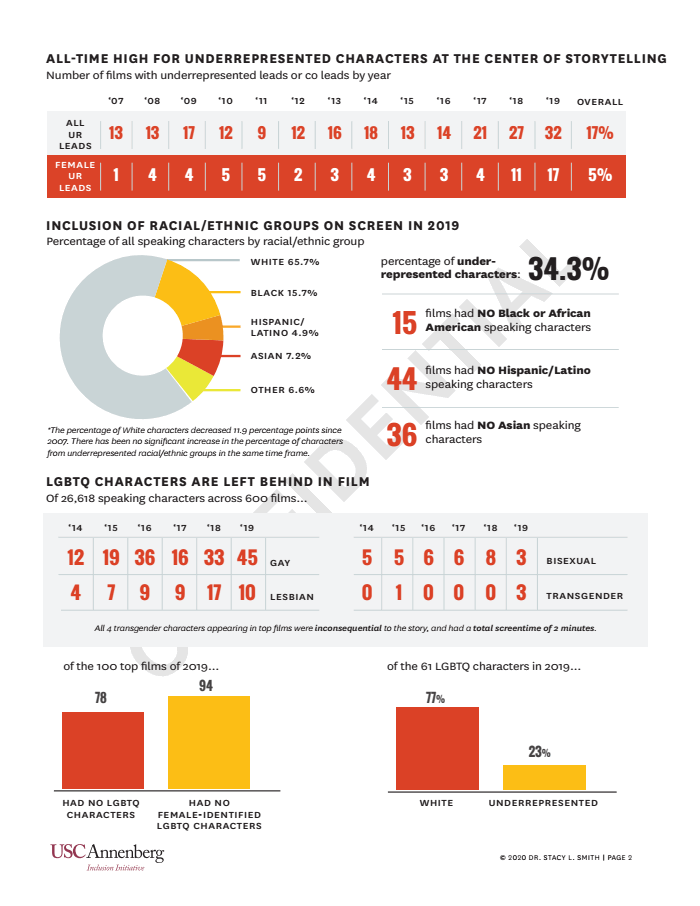
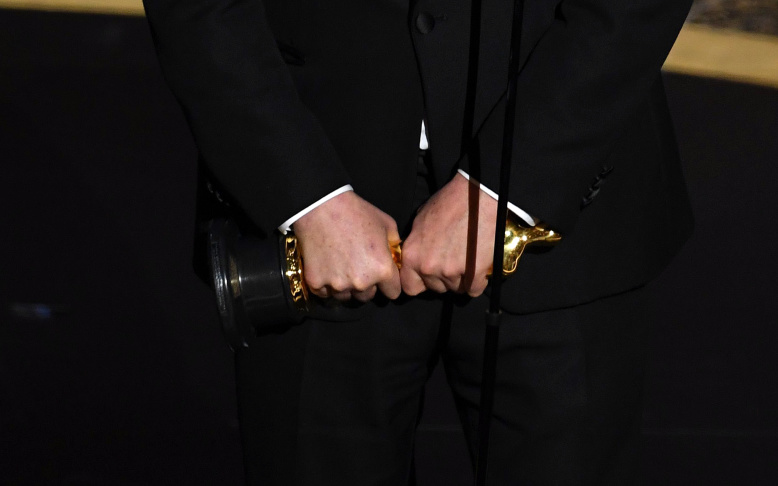 Joaquin Phoenix holds his Oscar statuette while accepting the Best Actor award for "Joker" at the Academy Awards on February 9, 2020. (Kevin Winter/Getty Images)
Joaquin Phoenix holds his Oscar statuette while accepting the Best Actor award for "Joker" at the Academy Awards on February 9, 2020. (Kevin Winter/Getty Images) The Warner Bros in North Hollywood. The studio ranked low on a number of key diversity indicators, according to the latest report by USC. (Valerie Macon/AFP via Getty Images)
The Warner Bros in North Hollywood. The studio ranked low on a number of key diversity indicators, according to the latest report by USC. (Valerie Macon/AFP via Getty Images)